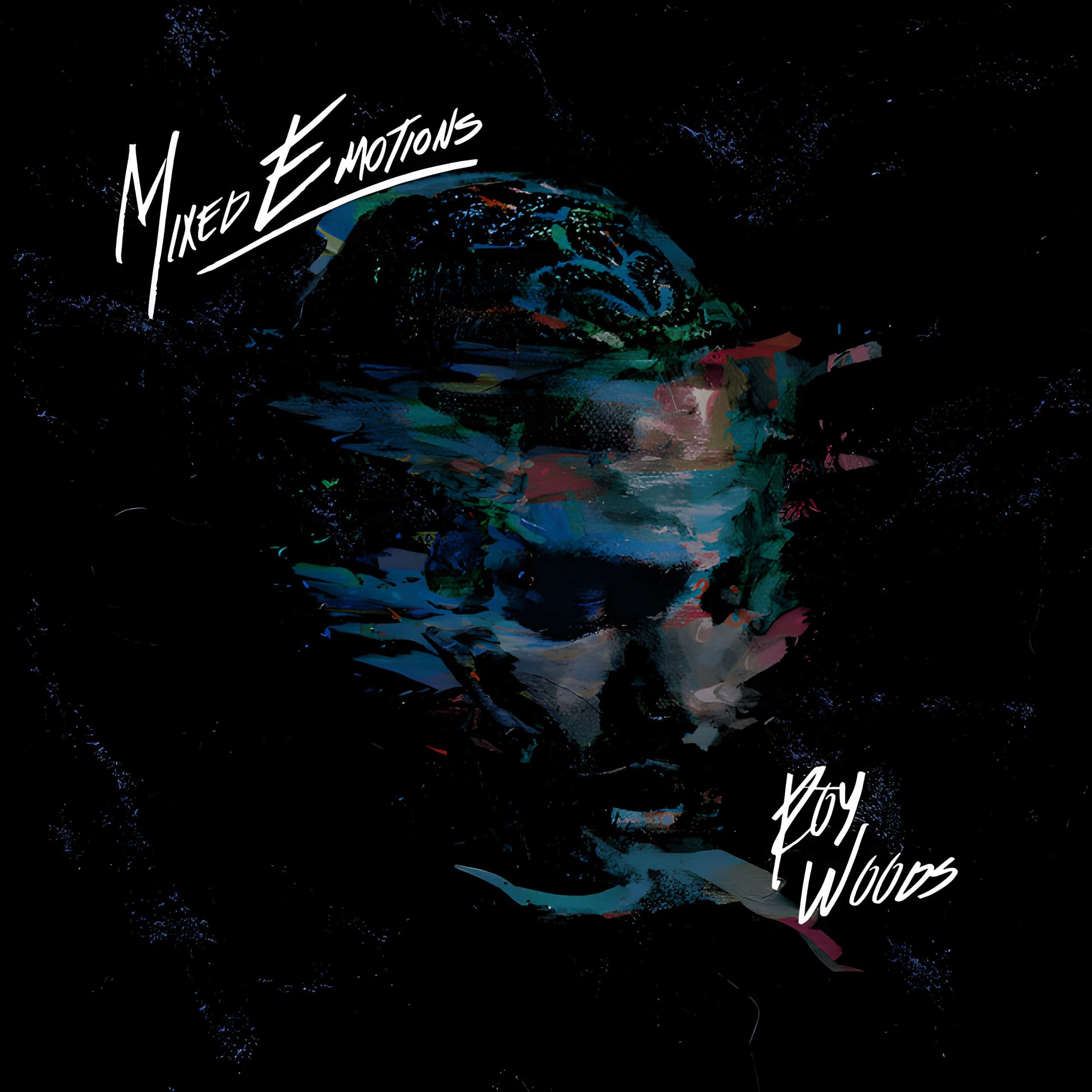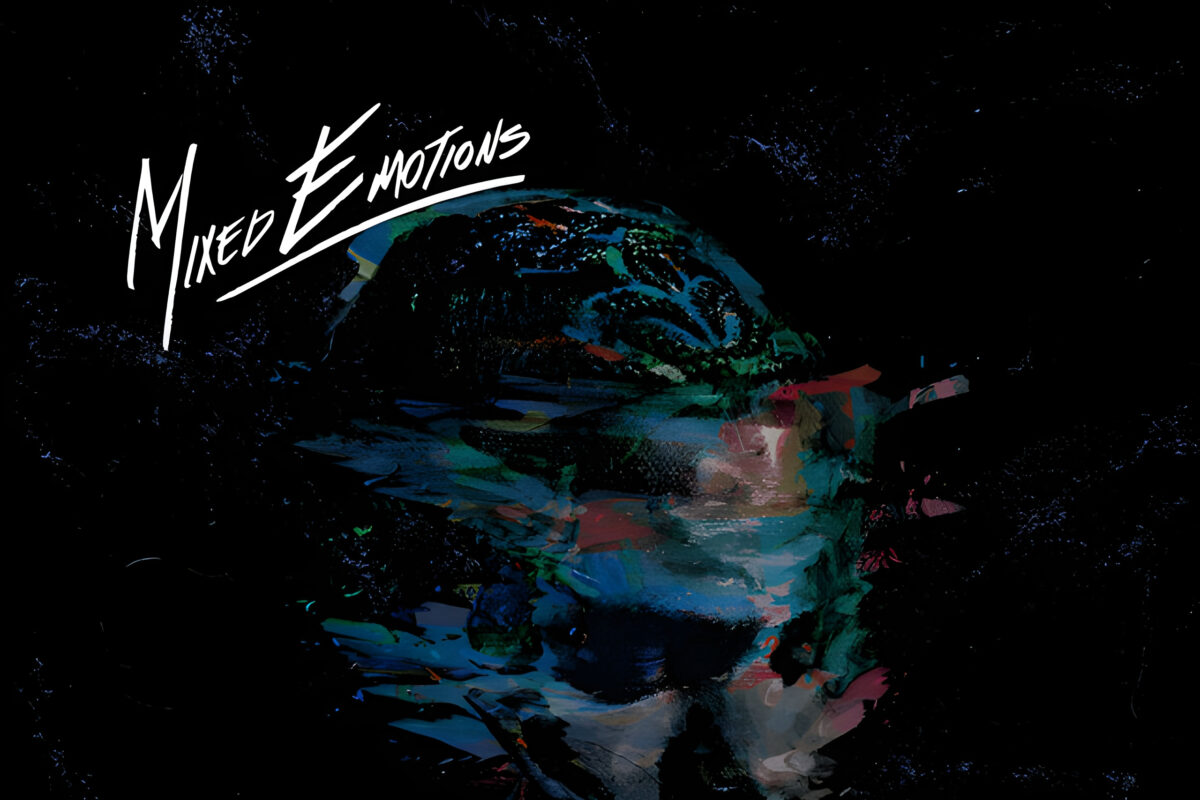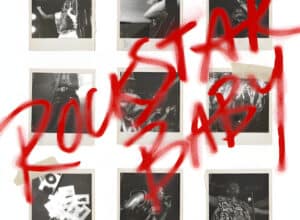Released: 2023
Roy Woods’ song “Thought It Was You” dives into the emotional turmoil and realization following a broken relationship. It’s an exploration of love, disappointment, and the clarity that often comes after reflecting on a past relationship. Roy’s lyrics articulate the conflict of missing someone while also acknowledging the flaws that led to the fallout.
The hook of the song, “Thought it was you / That I wanted in my life / But now I know I wasn’t thinking right,” captures the essence of post-relationship realization. It reflects the feeling of having placed one’s trust and hopes in a person, only to discover that the relationship was built on illusions or misunderstandings. This hook sets the emotional tone, driving the narrative of regret and self-awareness.
Roy Woods begins the first verse with the suggestion of physical closeness, “Baby you can call me over while you’re laid up / It ain’t nothing to me but a favor.” Here, he presents himself as someone still willing to be there, even if it’s merely to provide comfort. However, there’s an undercurrent of conflict as he alludes to arguments and distrust. He points out the destructive nature of gossip with, “Cause you believe all them stories them bitches make up.” The language here, casual and raw, conveys a sense of frustration with misunderstandings in the relationship.

As the verse progresses, Woods touches upon issues of loyalty and infidelity. He accuses his partner of being unfaithful, noting “While you got a different niggas name on your ankle.” This line serves to highlight the hypocrisy and tension within their relationship, illustrating his emotional turmoil and betrayal. Despite the pain, he acknowledges that his love was for who his partner used to be, “Cause I still love who you were not who you are.” This statement speaks volumes about his struggle with change and identity in love.
The refrain “Hate that I miss you don’t wanna feel anymore” further underlines the complexity of his emotions. Despite the heartache, there’s an aversion to vulnerability, as Woods seems to wish he could escape his feelings. The mention of depression, “I know you’re sad and you’re more depressed than before,” adds depth to their shared pain and shows empathy for his partner’s state, while also suggesting that both are trapped in a cycle of mutual blame.
The second verse introduces a past of shared recklessness and financial gain, “We was making money outside the 905 / Making different currency cross the border line.” Here, Woods reminisces about a more carefree and reckless time in their relationship, hinting at shared adventures and indiscretions, which possibly contributed to the present issues. He juxtaposes this with his partner’s jealousy, suggesting that their mutual lifestyle was perhaps unsustainable as emotional attachment deepened.
Woods conveys disillusionment with lines like “Don’t care about your feelings can’t take shit back you done said it.” This blunt acknowledgment reflects the point of no return, where harsh words and actions have already damaged the trust and love they shared. His statement about needing solitude, “I’d rather be here alone been on my own,” speaks to a newfound understanding of the need for self-preservation and independence after the fallout.
The chorus reiterates the sense of disillusionment and lost time, “To realize you’re living off a lie,” where Woods laments the realization that his partner wasn’t truthful, affecting the foundation of their relationship. This part emphasizes the overarching theme of deception and regret, and it leaves listeners contemplating the cost of misguided love and falsehood.
In the bridge, the repetition of “Thought it was you” brings the narrative full circle, hammering home the disappointment of realizing the idealized image of his partner does not align with reality. The emotional intensity peaks as he reconciles with the idea that the person he thought he loved was, in many ways, an illusion or a projection of his desires rather than the truth.
Overall, “Thought It Was You” reflects on the aftermath of a turbulent relationship. It touches on themes of love, betrayal, identity, and self-realization. By exposing his raw emotions and personal growth, Roy Woods offers a poignant narrative that resonates with anyone who has experienced the bitter end of love. The song also contributes to the larger hip-hop narrative, where personal stories of love, loss, and resilience continue to shape the genre’s rich tapestry.






